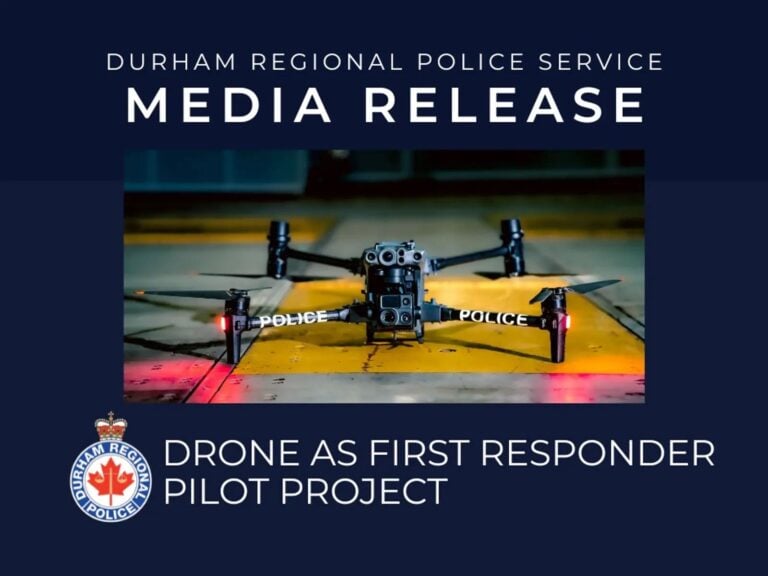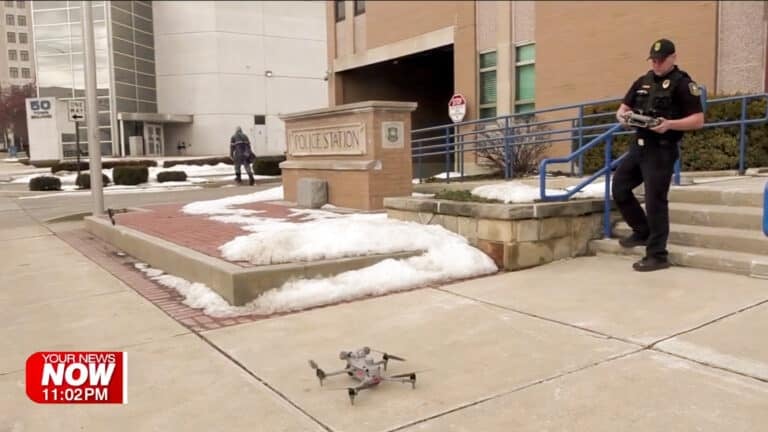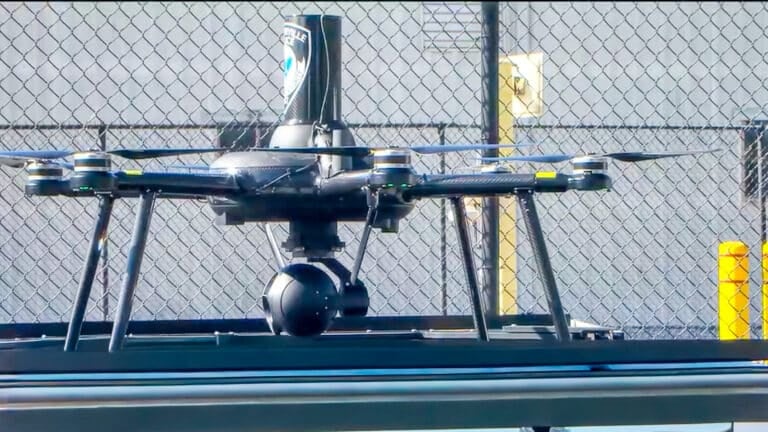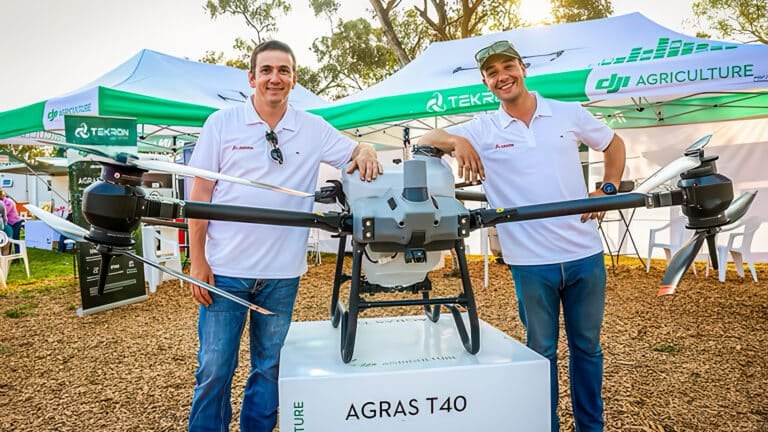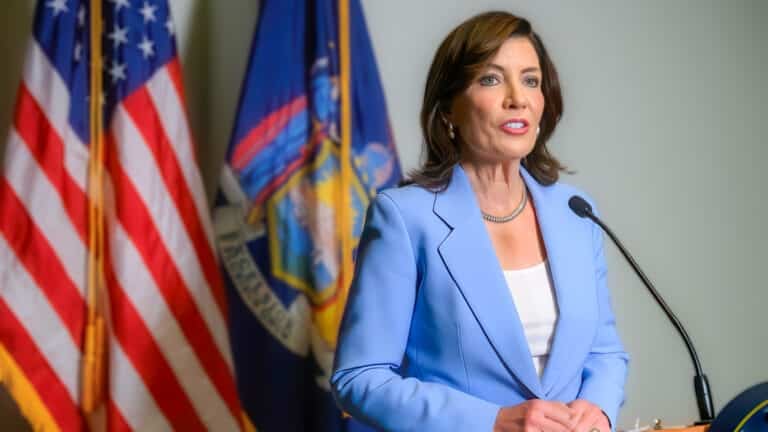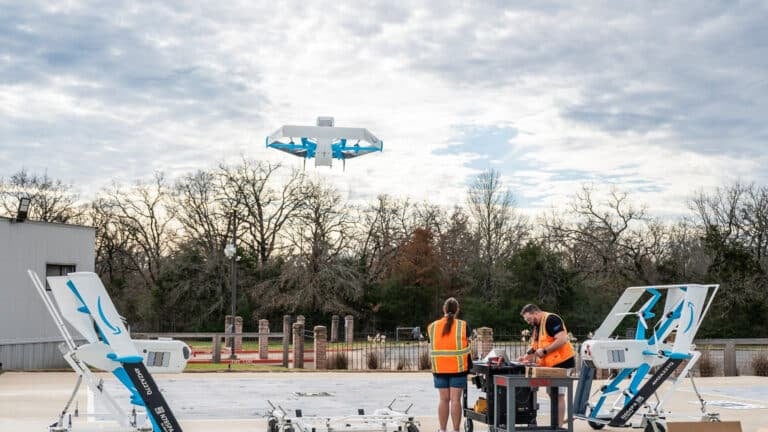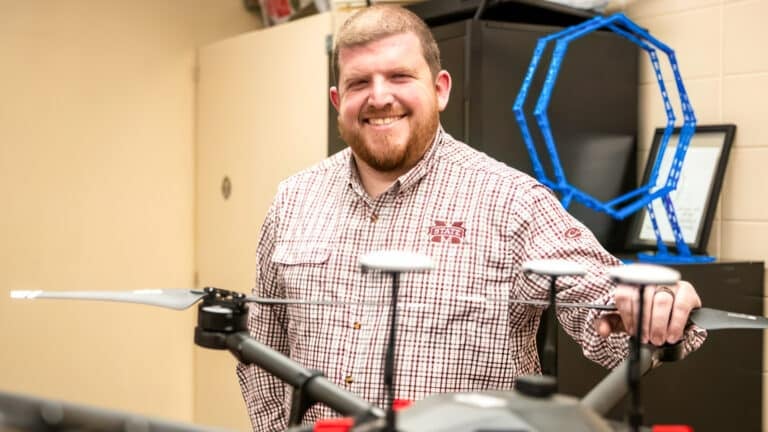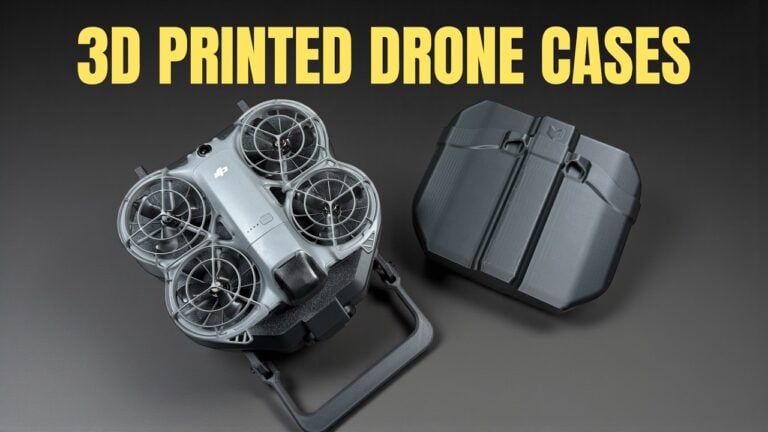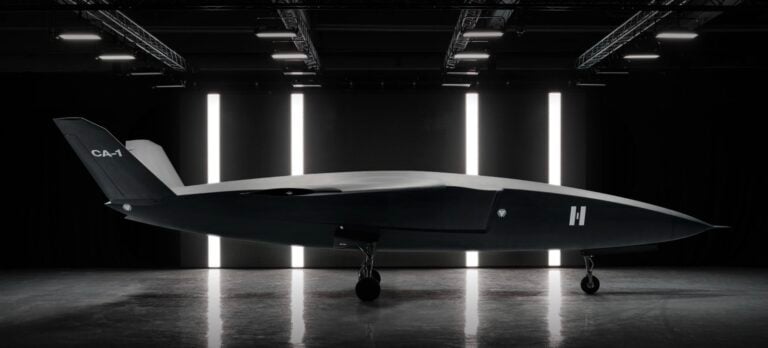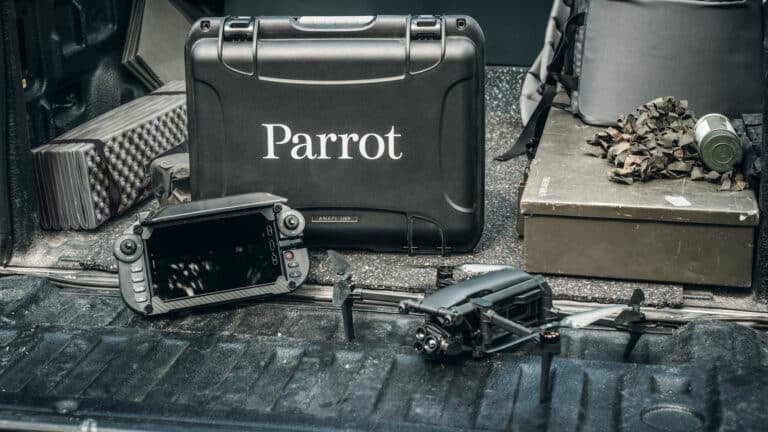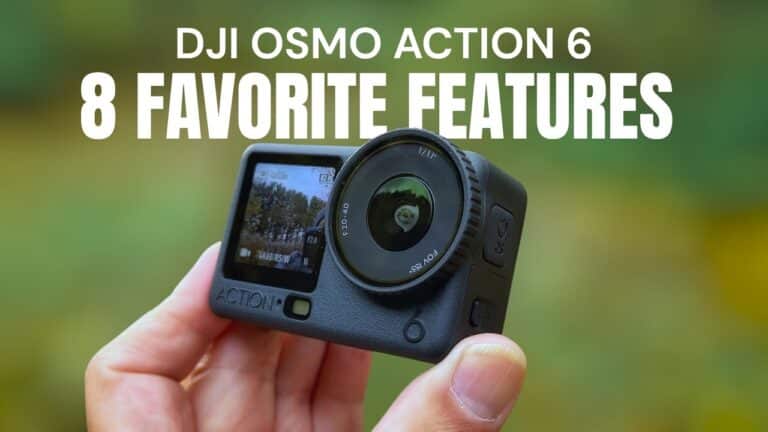DEXA Achieves Elite FAA Drone Delivery Certification With Fraction of Big Tech’s Budget

Check out the Best Deals on Amazon for DJI Drones today!
A woman-led drone delivery startup has joined the exclusive ranks of FAA-certified air carriers after accomplishing in four years what cost tech giants hundreds of millions of dollars and significantly longer timelines.
DEXA (Drone Express) announced it has secured Part 135 Air Carrier Certification from the Federal Aviation Administration, making it the seventh company in the United States authorized to operate commercial drone delivery at scale. The Dayton, Ohio-based company achieved this milestone with just $15 million in funding—a fraction of what competitors like Amazon, Google’s Wing, and Zipline required to reach the same regulatory threshold.
“For a small company like ours to earn the same certifications as some of the largest corporations in the world is a true testament to our team’s innovation, dedication, and relentless pursuit of advancing drone logistics,” said Beth Flippo, DEXA’s CEO, in a statement to Bizjournals.
Why DEXA’s Certification Matters to Drone Operators
The Part 135 Air Carrier Certificate represents the FAA’s highest standard for commercial cargo operations—the same certification required for passenger airlines and major freight carriers like UPS and FedEx. For drone companies, it’s currently the only path to conduct Beyond Visual Line of Sight (BVLOS) operations for compensation, according to FAA guidance.
DEXA now holds the regulatory trifecta that enables nationwide scalable operations: Part 135 certification, a nationwide BVLOS waiver approved in July 2025, and FAA airworthiness certification for its DE-2020 hexacopter drone. This combination allows the company to fly autonomous delivery missions across the United States without requiring case-by-case flight approvals.
The achievement places DEXA alongside industry heavyweights including Amazon Prime Air, Alphabet’s Wing Aviation, Zipline, UPS Flight Forward, DroneUp, and Flytrex/Causey Aviation—all of which invested substantially more capital to reach similar regulatory status.
From Defense Contractor to Drone Airline
DEXA’s path to certification began with an unexpected pivot. The company started as Telegrid Technologies, a defense contracting firm founded in 1984 by Flippo’s parents, Igal and Gloria Sharret. Telegrid developed wireless mesh networking systems that allowed military drones to communicate with each other in flight without relying on a central hub.
“We initially thought the military would be interested, but instead, drone-delivery startups came calling,” Flippo told Bizjournals. “They needed an affordable way to connect fleets, and we realized we had something unique.”
Rather than license the technology, Flippo—who holds degrees in electronics and computer science and previously worked at Goldman Sachs and Cantor Fitzgerald—convinced her family to pivot into commercial drone delivery. She left banking to join Telegrid, and after securing Kroger as an anchor customer in 2021, the company spun off DEXA as an independent aviation logistics firm.
Today, DEXA employs 25 people and operates 30 aircraft from its Dayton headquarters. The company manufactures its own U.S.-made DE-2020 drones and has developed proprietary mesh networking capabilities combined with Microsoft AI for in-flight navigation systems.
Local Commerce Over Warehouse Dominance
Unlike Amazon and Walmart’s warehouse-to-doorstep model, DEXA is positioning itself as an enabler of hyper-local commerce. The company’s DEXA NOW marketplace app—set to launch soon—will allow customers to order from neighborhood grocery stores, pharmacies, and restaurants with drone delivery in as little as 15 minutes.
“I want people to get past the ‘gimmick’ perception and recognize drone delivery as a real logistics service,” Flippo emphasized. “The idea is to go back to the kitchen table, with better food, bought closer to home.”
Current retail partners include Kroger, Papa John’s, and building materials distributor Winsupply. DEXA’s subscription model offers unlimited deliveries for $6 per month at in-store prices, without delivery fees or tipping requirements—a stark contrast to traditional food delivery platforms.
The company’s drones can carry payloads up to 10 pounds (4.5 kg), though typical deliveries average 5 pounds (2.3 kg) or less. Using geolocation technology similar to rideshare apps, DEXA can deliver to dynamic locations like parks, backyards, or apartment complexes rather than requiring fixed street addresses.
Breaking Into a Male-Dominated Industry
As one of the few women leading a certified aviation company, Flippo acknowledges the challenges of operating in male-dominated aerospace and technology sectors.
“In tech, I’ve always been able to hold my own because I’m deeply technical. Aviation was harder,” she told Bizjournals. “I’m not a pilot, and I had to earn respect in that world. I still get talked over sometimes, but I try to assume it’s not intentional.”
Flippo has raised all $15 million in funding herself across three rounds in 2021, 2023, and 2025. “Raising money was one of the hardest things I’ve ever done,” she said. “You have to raise it yourself. You can’t pay an investment bank. You can’t pay a person who knows people, none of it. You have to craft the message and do it yourself.”
With Part 135 certification secured, DEXA is now pursuing a Series A funding round to scale manufacturing capacity and expand its delivery network. Initial rollout targets include the Midwest and East Coast, leveraging partnerships with local governments and retailers.
DroneXL’s Take
DEXA’s achievement demolishes the narrative that only deep-pocketed tech giants can navigate the FAA’s rigorous Part 135 certification process. The fact that a 25-person team accomplished what took Amazon and Google years longer and hundreds of millions more dollars proves that focused execution and regulatory expertise can level the playing field.
As we’ve covered previously, DEXA’s nationwide BVLOS waiver was already a significant milestone. Now with full Part 135 status, the company has cleared every major regulatory hurdle necessary for scaled operations—something only six other drone operators have managed.
The local commerce angle is particularly compelling. While Amazon and Walmart use drones to extend their warehouse empires, DEXA is building infrastructure that empowers neighborhood businesses to compete on delivery speed. This aligns with our longstanding support for technology that democratizes access rather than consolidating power with dominant players.
Flippo’s journey from defense contractor to aviation CEO also highlights how expertise from adjacent industries—whether embedded systems engineering or financial services—can transfer successfully into drone operations. Her technical background gave DEXA credibility with regulators, while her Wall Street experience helped secure funding without traditional venture capital connections.
The real test now is execution. Part 135 certification opens the door, but DEXA must prove its marketplace model resonates with consumers and that local retailers can reliably fulfill orders fast enough to compete with established delivery platforms. With 30 drones and ambitions for nationwide expansion, scaling manufacturing and maintaining safety standards will be critical.
What do you think? Can a lean startup disrupt drone delivery, or will scale advantages favor the tech giants? Share your thoughts in the comments below.
Discover more from DroneXL.co
Subscribe to get the latest posts sent to your email.
Check out our Classic Line of T-Shirts, Polos, Hoodies and more in our new store today!

MAKE YOUR VOICE HEARD
Proposed legislation threatens your ability to use drones for fun, work, and safety. The Drone Advocacy Alliance is fighting to ensure your voice is heard in these critical policy discussions.Join us and tell your elected officials to protect your right to fly.
Get your Part 107 Certificate
Pass the Part 107 test and take to the skies with the Pilot Institute. We have helped thousands of people become airplane and commercial drone pilots. Our courses are designed by industry experts to help you pass FAA tests and achieve your dreams.

Copyright © DroneXL.co 2026. All rights reserved. The content, images, and intellectual property on this website are protected by copyright law. Reproduction or distribution of any material without prior written permission from DroneXL.co is strictly prohibited. For permissions and inquiries, please contact us first. DroneXL.co is a proud partner of the Drone Advocacy Alliance. Be sure to check out DroneXL's sister site, EVXL.co, for all the latest news on electric vehicles.
FTC: DroneXL.co is an Amazon Associate and uses affiliate links that can generate income from qualifying purchases. We do not sell, share, rent out, or spam your email.




